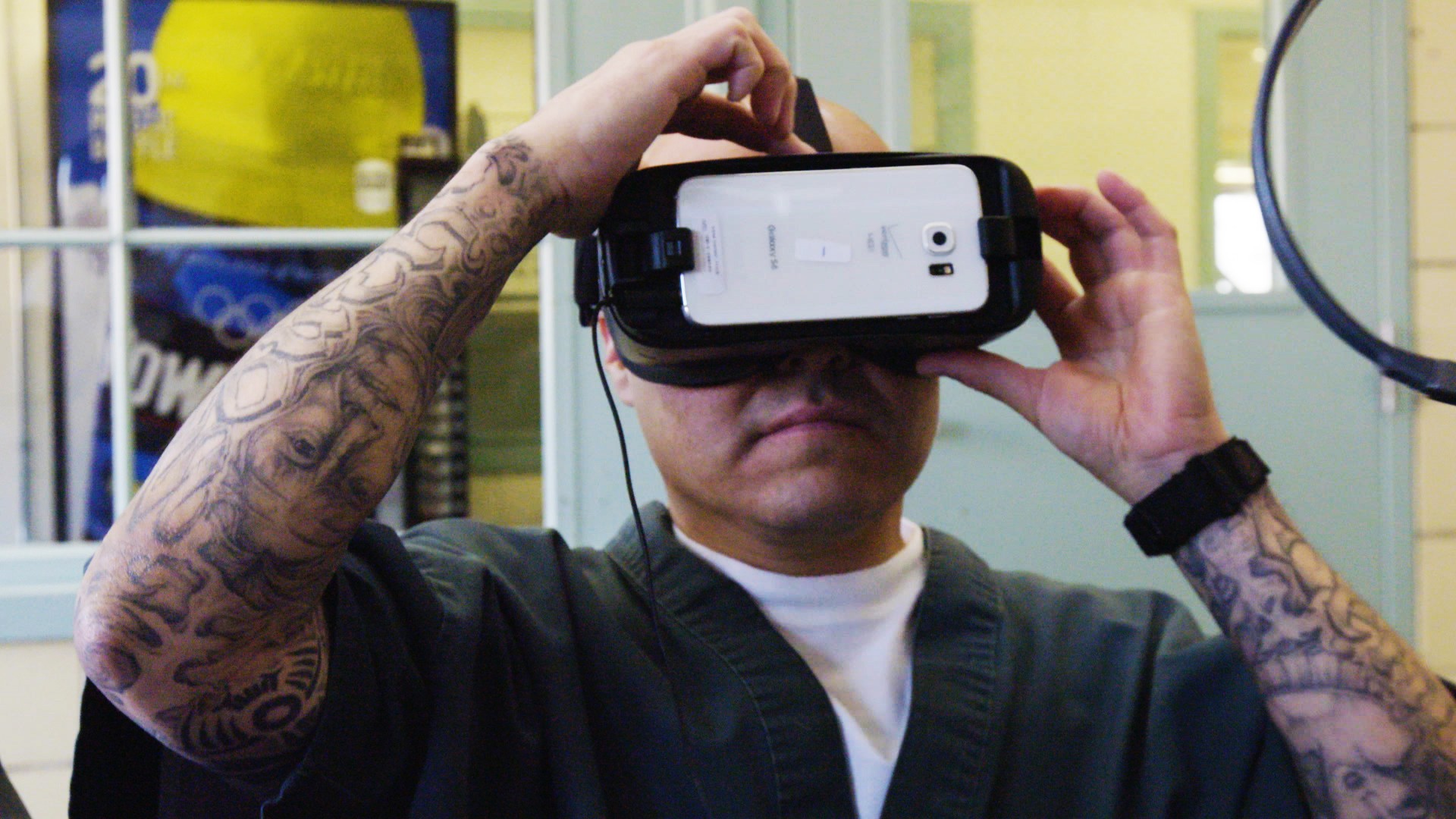Inmates across the country are striking for three weeks starting Tuesday, demanding improved conditions and the end to cheap prison labor.Prisoners with jobs will not be showing up to work at institutions across 17 states. Others will be holding sit-ins, refusing to purchase anything from the prison, and participating in a hunger strike, prison strike organizer Amani Sawari told Democracy Now. The strike is being held in response to the April prison riot at Lee Correctional Facility in South Carolina, which left seven inmates dead.“Due to the brutality in Lee Correctional Facility earlier this year, it was decided that action had to be taken now,” said Cole Dorsey, a formerly incarcerated organizer with the Incarcerated Workers Organizing Committee, on Democracy Now. “That led to this list of 10 demands that are really just a human rights declaration.”The demands include immediate improvement to prison conditions to make them more humane, rehabilitation opportunities for inmates labeled violent offenders, voting rights for all current and former felons, and the elimination of life without parole sentences and “gang enhancements” that make prison sentences longer for gang-affiliated people.Also on the list of demands is an end to “prison slavery” — the system by which inmates work for less than a dollar an hour, not enough to purchase the most basic supplies from prison commissaries. While human rights advocates say the system amounts to modern slavery, it is currently completely legal.The 13th Amendment to the U.S. Constitution banned slavery but made an exception for prisoners: “except as a punishment for crime whereof the party shall have been duly convicted.”Inmates keep prison facilities up and running by doing jobs like cooking, cleaning, and maintenance. They also do manufacturing for private companies and wildfire fighting for states through contracts. The average hourly salary for an inmate is 20 cents an hour, according to the Marshall Project. The inmates who are striking demand to be paid at least the state minimum wage.As the strike was expected to begin Tuesday, the ACLU called on corrections authorities not to retaliate against striking prisoners.“Peaceful demonstrations challenging unjust conditions and practices do not merit placing participants into solitary confinement or adding time to their sentences,” said Udi Ofer, director of the American Civil Liberties Union Campaign for Smart Justice, in a statement.A similar prisoner strike took place on Sept. 9, 2016. The exact size of the strike is hard to pinpoint. Corrections authorities in certain states did not confirm work stoppages, but organizers say that 24,000 inmates in 12 states participated.The start date of this year’s strike — August 21 — is a tribute to African-American activist George Jackson who was killed on that date in 1971 while trying to escape San Quentin prison in California.News of his death quickly spread to prisons across the country, and the outcry led to the bloody Attica prison riots on September 9 — the day this year’s strike is scheduled to end. At Attica Correctional Facility in New York, inmates took control of the prison for four days to protest inhumane conditions and lack of medical care. Twenty-nine inmates and 10 hostages were killed. Cover: This April 16, 2018 file photo shows the Lee Correctional Institution in Bishopville, S.C. Multiple inmates were killed and others seriously injured amid fighting between prisoners inside the maximum security prison in South Carolina. (AP Photo/Sean Rayford, File)
Cover: This April 16, 2018 file photo shows the Lee Correctional Institution in Bishopville, S.C. Multiple inmates were killed and others seriously injured amid fighting between prisoners inside the maximum security prison in South Carolina. (AP Photo/Sean Rayford, File)
Advertisement
Advertisement
